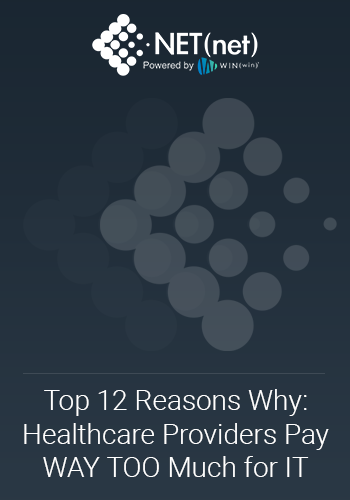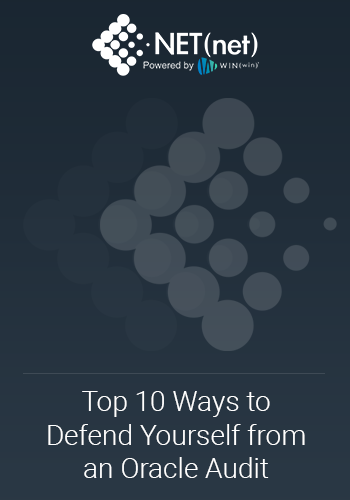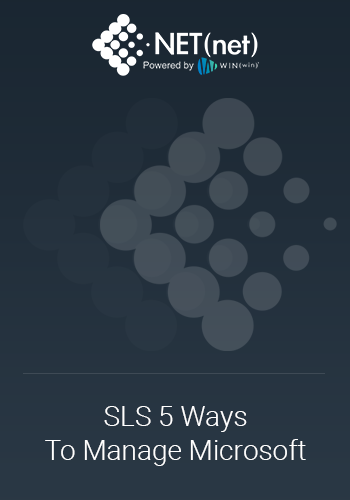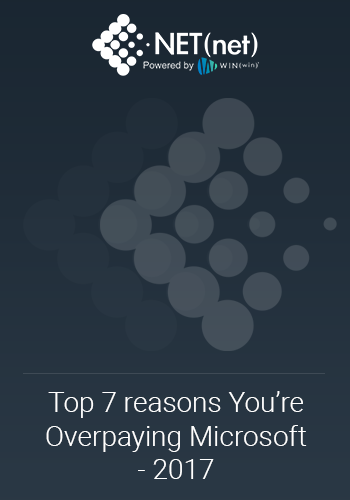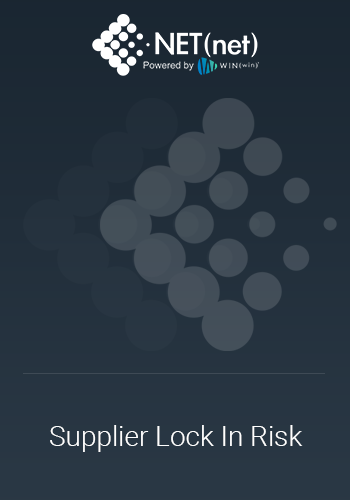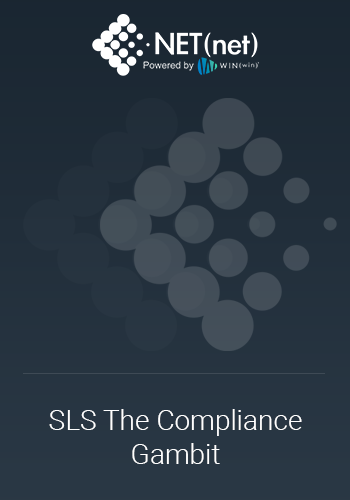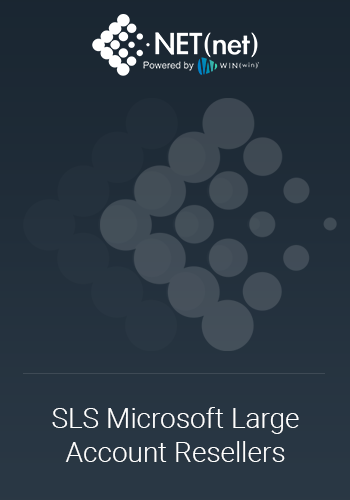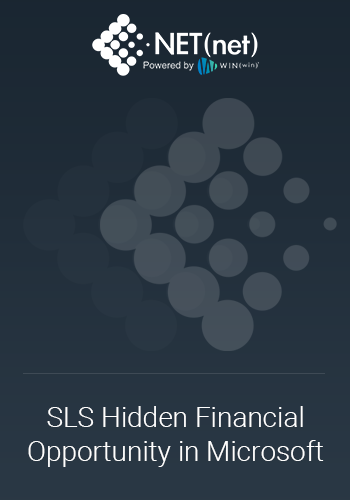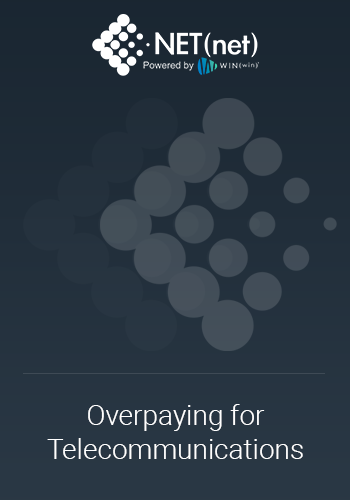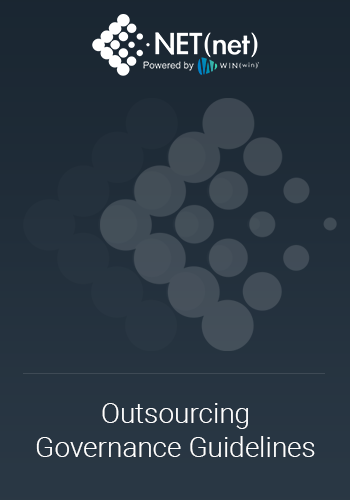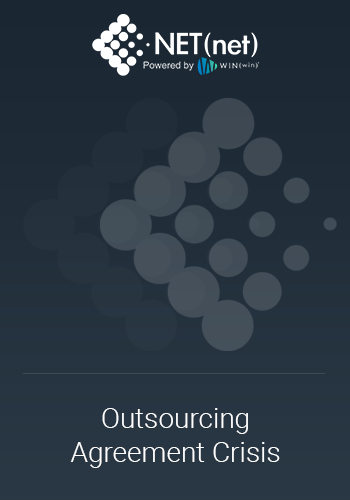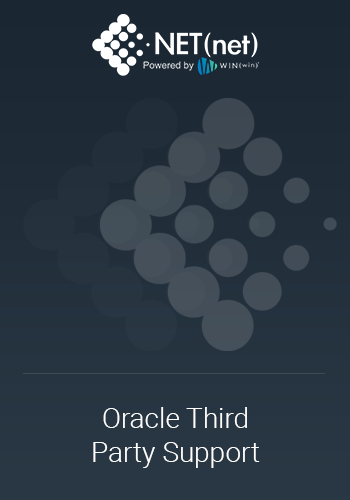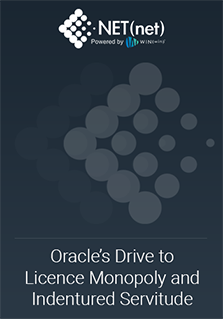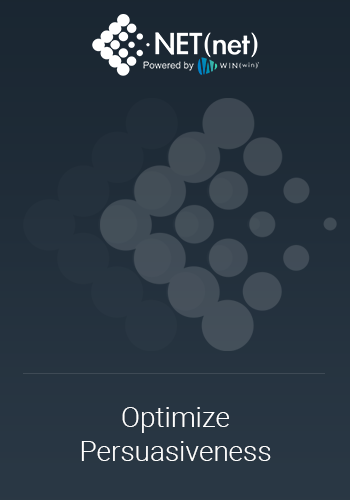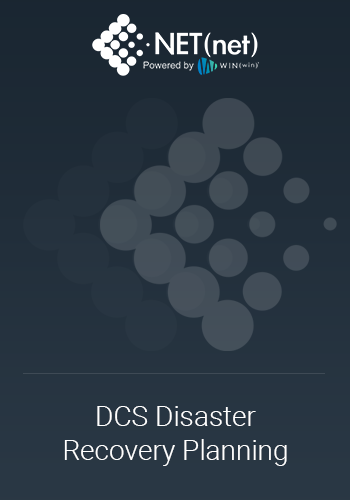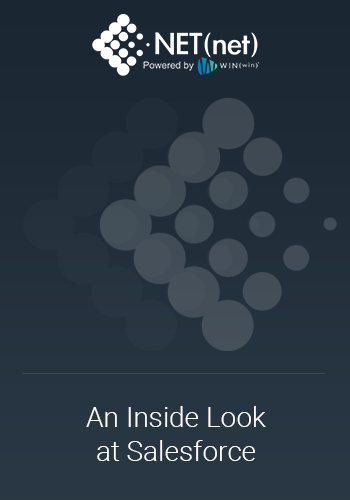Oracle's financials have generally been strong in recent years with their aggressive cloud push, reporting steady growth in revenues and earnings. However, Oracle faces increasing competition from other cloud providers, particularly in the areas of IaaS and PaaS. Additionally, Oracle has been shifting its focus towards cloud-based services and away from its traditional software licensing business, which could impact its financial performance in the long-term. Read our series related to this starting with The Top 5 Price Shock Phenomena of Cloud Costs.
In the very short term however, they have missed earnings targets and indicated on their 3rd quarter call in March 2023 that they expect Cerner and their Healthcare customers to help bolster earnings. That may be true, but as they start to close out their 4th quarter and fiscal year in May, there will be a full court press to squeeze every ounce of revenue from their customers via renewals, new purchases, and audits – inside and outside of their healthcare market:
- Oracle shares sink 5% on 3rd quarter revenue miss.
- Oracle banks on Cerner for cloud boost after mixed 3rd quarter results.
On a conference call with analysts, company executives said Oracle expects to sign more healthcare customers over the next few quarters.
Cerner and Healthcare probably will help earnings, but in the meantime, there is uncertainty and customers should be cautious and negotiate fiercely for favorable terms:
- March 23: Oracle Cuts Cerner Jobs After CEO Promised to ‘Clean Up’ Health Unit
- March 2: VA Official: Updates on Paused Oracle Cerner EHRM Program Coming Soon
- March 21: VA Admits Oracle Cerner EHRM Issues Contributed to 4 Veteran Deaths
With all the market turmoil and uncertainty, here are four areas we think are worth some focus if they apply to you, and especially if you have agreements and or purchases coming before Oracle’s fiscal year end in May.
Oracle Audits
Oracle is known for conducting frequent and extensive audits of its customers to ensure compliance with licensing agreements.
In recent years, there has been an increase in the number of audits conducted, particularly with the rise of use in public clouds contributing to ever more complex licensing models. Additionally, Oracle has been known to offer incentives to its sales representatives for identifying licensing violations to use as leverage, which contributes to increased auditing activity and in turn, new ways to drive incremental sales which we have written about extensively. See our advice page here on what to do if you get an audit letter.
If you aren’t confident that you are compliant and can easily prove it, you are at risk of costly penalties and even legal action. Proactive management of software assets, including keeping track of licenses, monitoring usage, and maintaining accurate records to help mitigate the risk of noncompliance tend to be after thoughts following an adverse finding during an audit. Given the heightened risk, with Oracle and frankly all enterprise software suppliers seeking to enhance their top lines, being prepared for the audit when, not if, is critical.
If you do get a notice for audit, the very first thing you should do is NOT respond and engage NET(net) to assess and remediate any errant deployments, so any unintentional deployment is not caught up in the audit. See a case study here from a recent audit result.
Oracle Cloud: Better Late than Never
Oracle was late to the cloud but have since caught up to their competition. Oracle's first cloud applications were released in 2012, which was later than some of its competitors, such as Salesforce, which had already established a significant presence in the cloud software market.
However, since entering the market, Oracle has made significant progress in expanding its cloud application offerings and has become a major player in the cloud software market. Oracle now offers a wide range of cloud applications, including ERP, HCM, CX, and SCM applications, and has made significant investments in infrastructure and platform-as-a-service offerings where the competition is fierce.
Oracle’s cloud growth has been impressive, but remains to be seen if those growth rates can be sustained as IT spend slows in 2023 and more firms look to repatriate away from cloud:
Reported in Q3:
- SaaS business was up 42%, to a total of $2.9 billion.
- Cloud infrastructure business was up 55%, to a total of $1.2 billion.
Oracle is bent on delivering to shareholders and showing continued growth in these areas. For that reason we recommend rigorous vetting and competitive RFP’s to ensure you are getting the very best value and terms. As stated previously, the competition if fierce but only if you commit to aggressively pursuing value and engaging in these activities will you realize the benefits that are possible.
Taking On-Premise Licenses to the Cloud
When it comes to using Oracle on-premise licensing in the cloud, there are several factors that can impact the cost. These include the type of cloud infrastructure being used, the specific Oracle products being licensed, and the terms of the licensing agreement.
In some cases, using Oracle on-premise licensing in the cloud can be more expensive than using Oracle's cloud licensing options. This is because running Oracle software on cloud infrastructure can require additional licenses or may be subject to different licensing terms than running the software on-premise.
For example, some Oracle products require additional licenses when used in cloud environments, and some cloud providers may not be certified to run certain Oracle products which can make it prohibitively expensive to use legacy licenses.
If you aren’t familiar with the considerations implied above, call NET(net) before entering into any agreements which could put you at risk of substantial financial if not legal exposure.
NetSuite Discounts?
You can get discounts from NetSuite, but the best time to get them is with the initial purchase, as renewal pricing always goes up. Here are some of the factors:
- Increased usage: If a company's usage increases significantly during the course of the subscription period, the renewal pricing will increase to reflect the additional usage.
- Feature creep: If a company adds new features or modules to their NetSuite deployment during the course of the subscription period, renewal pricing will increase to reflect the added functionality.
- Changes in market conditions: Renewal pricing may also be influenced by changes in market conditions as we are seeing now such as inflation as many agreements will have clauses that adjust pricing automatically to inflation.
If you are faced with any of the above issues or just have questions on your Oracle estate, please give us a call. Whether we actually engage with you to solve problems or not, we are always happy to discuss Oracle and lend whatever advice we can. Contact us here.
About NET(net)
Founded in 2002, NET(net) is the world’s leading IT Investment Optimization firm, helping clients find, get, and keep more economic and strategic value in their technology supply chains. Over the last 20 years, NET(net) has influenced trillions of investment, captured hundreds of billions of value, and has helped clients cost and value optimize XaaS, Cloud, Hardware, Software, Services, Healthcare, Outsourcing, Infrastructure, Telecommunications, and other areas of IT spend. NET(net) has the experience you want, the expertise you need, and delivers the performance you demand and deserve. Contact us at info@netnetweb.com, visit us online at www.netnetweb.com, or call us at +1 (616) 546-3100 to see if we can help you capture more value in your IT investments, agreements, deployments, and relationships.
NET(net)’s Website/Blogs/Articles and other content is subject to NET(net)’s legal terms, offered for general information purposes only, and while NET(net) may offer views and opinions regarding the subject matter, such views and opinions are not intended to malign or disparage any other company or other individual or group.

